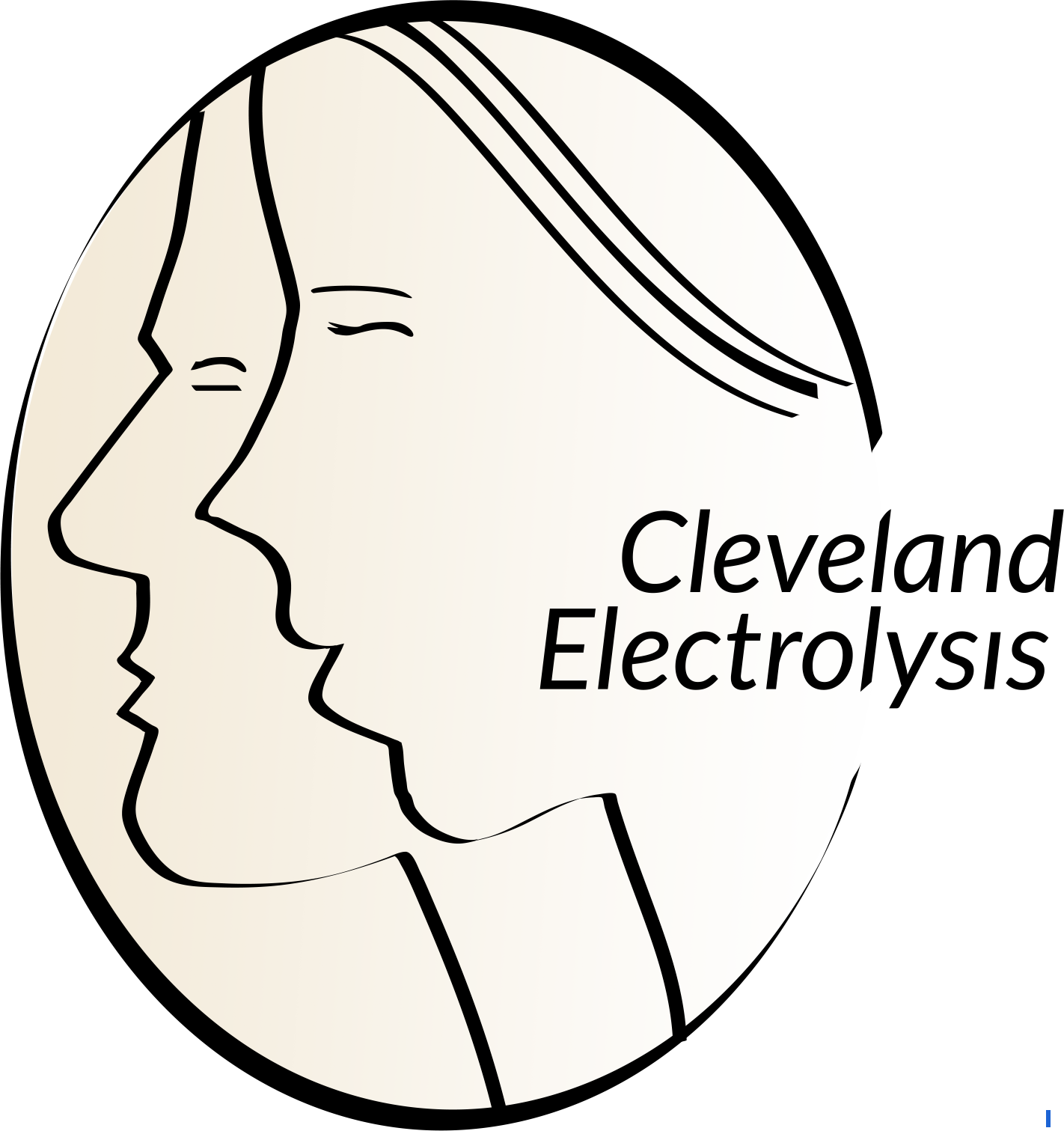
Finding Balance: A Blog for Healthy Living
A Surprising Cause of Unwanted Hair: The Link Between Diet and Hirstutism
February 2, 2018
We all know that diet can influence our health in countless different ways. We know that too much sugar and fat can impact our weight. And we are aware of the connection between weight gain and common health conditions such as high blood pressure, diabetes and heart disease.

How many of us are aware, however, about the link between diet and excess facial hair? As unlikely as this connection may seem, our diet may play a sinister role in stimulating unwanted hair growth.
Hair follicles on the face and body are sensitive to androgens – male hormones, such as testosterone – circulating in the blood stream. When androgen levels are high, follicles can be stimulated, resulting in an increase in the size of each hair and the density of hair growth.
While several factors are known to cause androgen excess, growing evidence suggests that diet may play a role. A diet that is high in sugar and fat can lead to weight gain and, eventually, the condition of insulin resistance. For almost 100 years, scientists have known that the hormone insulin (produced in the pancreas) helps to control blood sugar by helping to move sugar from the bloodstream into the cells of the body. In overweight individuals, however, body cells can become resistant to insulin, resulting in chronically high blood sugar levels. As body cells become increasingly resistant, the pancreas is forced to produce more and more insulin in an effort to control the excess blood sugar.
One problem with chronically high insulin levels?
In recent years, scientists have discovered a possible link between increased insulin production and excess androgen production in women. Insulin, it turns out, stimulates the ovaries to produce more testosterone, leading to thicker, courser hair on the face, trunk and extremities.
While the relationship is complicated, an unhealthy diet may therefore impact hormone levels in a way that stimulates unwanted hair growth.
Hair removal efforts, such as electrolysis, can play an important role in managing the problem of excess facial hair. Over time, electrolysis destroys the root of treated hair follicles, preventing regrowth. If the underlying problem persists, however, very fine ‘vellus’ hairs, which are initially unnoticeable to the naked eye, may be stimulated by androgens to become courser and darker, requiring additional treatment.
Thus, a holistic approach to treatment – one in which the underlying issue is addressed, and in which the whole person is considered – is most effective. Just one more reason to ditch (or at least reduce!) the sugar, fat and excess calories.
Sources
Daily Mail. Eating too much cake can make you hairy: The unlikely causes for excess body hair [Online Article] Retrieved from: http://www.dailymail.co.uk/health/article-2070370/Eating-cake-make-hairy.html#ixzz552Qsmw49
Kraft, Sy. (2016) What is Hirstutism? Medical News Today [Online Article]
Retrieved from: https://www.medicalnewstoday.com/articles/182659.php